Kosovo: Perceptions of War and its Aftermath
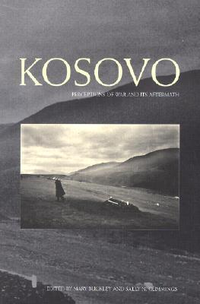
Summary
Nato intervention in Kosovo marked a major turning point in post cold war international relations. While some western commentators argued that it was the first war to be fought on purely moral grounds, Serbian, Russian and Chinese assessments were sharply different.This highly original addition to the literature on Kosovo highlights the importance of perspective to an understanding of both the causes and consequences of war. It makes clear that the conceptual lenses, paradigms or frameworks through which political actors view reality in turn affect their understanding of the behaviour of others and their reactions to it. The authors, a team of regional experts on the countries covered, examine the way the war has been understood in countries involved in and peripheral to the conflict. Their aim is to provide a broad yet highly nuanced picture of this focal point of Balkan unrest.The book opens with an introduction to the historical and regional context of the conflict. The authors go on to present twelve case-studies, ranging from Serbia, and the other former Yugoslav republics, to the USA and to China. These detailed regional studies highlight the considerable variation in the key states' perceptions of their national interest and their perceptions of what constitutes legality or legitimacy. In each case, domestic constraints are explored and the ways in which differing perspectives of political and military leadership fed into the crisis are examined. Further thematic chapters determine the war's consequences and the lessons to be drawn in terms of the wider issues of refugees, humanitarian intervention, European security, and geopolitics.
Similar Books
-
 Memory and Power in Post-War Europe: Studies in the Presence of the Past
Memory and Power in Post-War Europe: Studies in the Presence of the Pastby Jan-Werner Müller
-
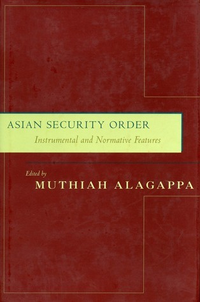 Asian Security Order: Instrumental and Normative Features
Asian Security Order: Instrumental and Normative Featuresby Muthiah Alagappa
-
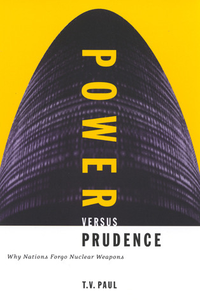
-
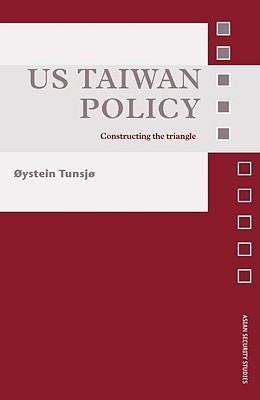 US Taiwan Policy: Constructing the Triangle
US Taiwan Policy: Constructing the Triangleby Øystein Tunsjø
-
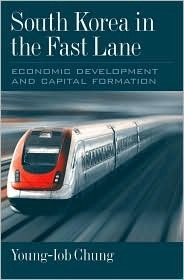 South Korea in the Fast Lane: Economic Development and Capital Formation
South Korea in the Fast Lane: Economic Development and Capital Formationby Young-Iob Chung
-
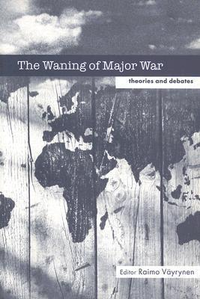 The Waning of Major War: Theories and Debates
The Waning of Major War: Theories and Debatesby Raimo Väyrynen
-
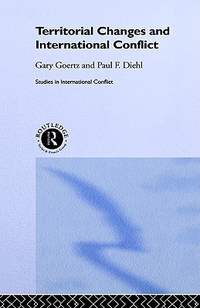 Territorial Changes and International Conflict
Territorial Changes and International Conflictby Paul Diehl
-
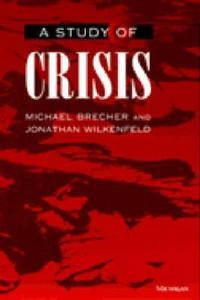 A Study of Crisis
A Study of Crisisby Michael Brecher
-
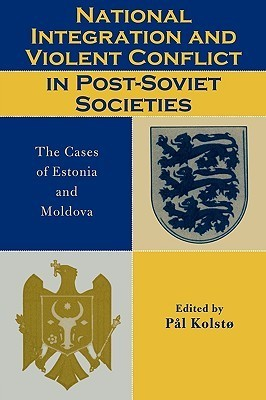
-
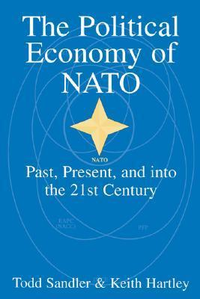
-
 Western Use of Coercive Diplomacy After the Cold War: A Challenge for Theory and Practice
Western Use of Coercive Diplomacy After the Cold War: A Challenge for Theory and Practiceby Peter Viggo Jakobsen
-
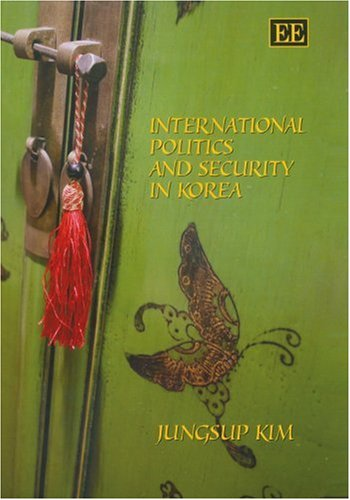 International Politics and Security in Korea
International Politics and Security in Koreaby Jungsup Kim
-
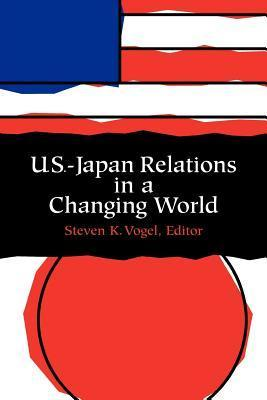 U.S.-Japan Relations in a Changing World
U.S.-Japan Relations in a Changing Worldby Steven Kent Vogel
-
 Territorial changes and international conflict
Territorial changes and international conflictby Gary Goertz
-
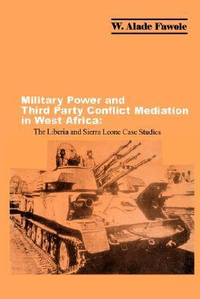
-
 The North And South Korean Political Systems: A Comparative Analysis
The North And South Korean Political Systems: A Comparative Analysisby Sung Chul Yang
-
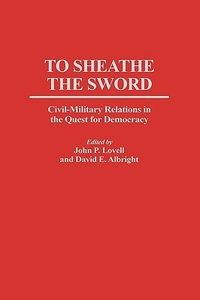
-
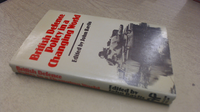 British Defence Policy in a Changing World
British Defence Policy in a Changing Worldby John Baylis